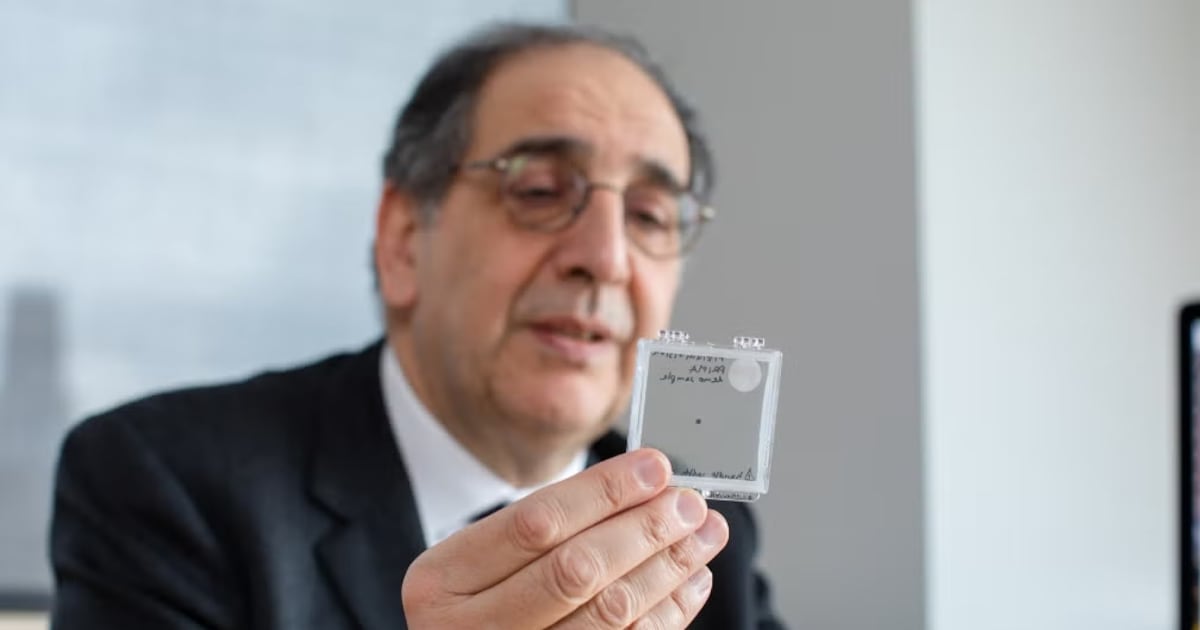A new eye implant has improved the vision of 81 percent of trial participants suffering from the most common cause of irreversable blindness among the elderly. José-Alain Sahel. study author and chair of ophthalmology department at the University of Pittsburgh School of Medicine, said, “It’s the first time that any attempt at vision restoration has achieved such results in a large number of patients. More than 80 per cent of the patients were able to read letters and words, and some of them are reading pages in a book.” The study was carried out on people with geographic atrophy, a subtype of advanced age-related macular degeneration. AMD harms central vision, which allows people do things like drive and read. The Financial Times reported participants registered “clinically meaningful improvements in their vision.” The device mounts a camera on a pair of bespoke glasses, which then projects onto an implant in patients’ retinas. The findings of the experiment were published in the New England Journal of Medicine. The paper’s lead author, Frank Holz, hailed the signifigance of the breakthrough. “This study confirms that, for the first time, we can restore functional central vision in patients blinded by geographic atrophy,” he said. “The implant represents a paradigm shift in treating late-stage age-related macular degeneration.”

